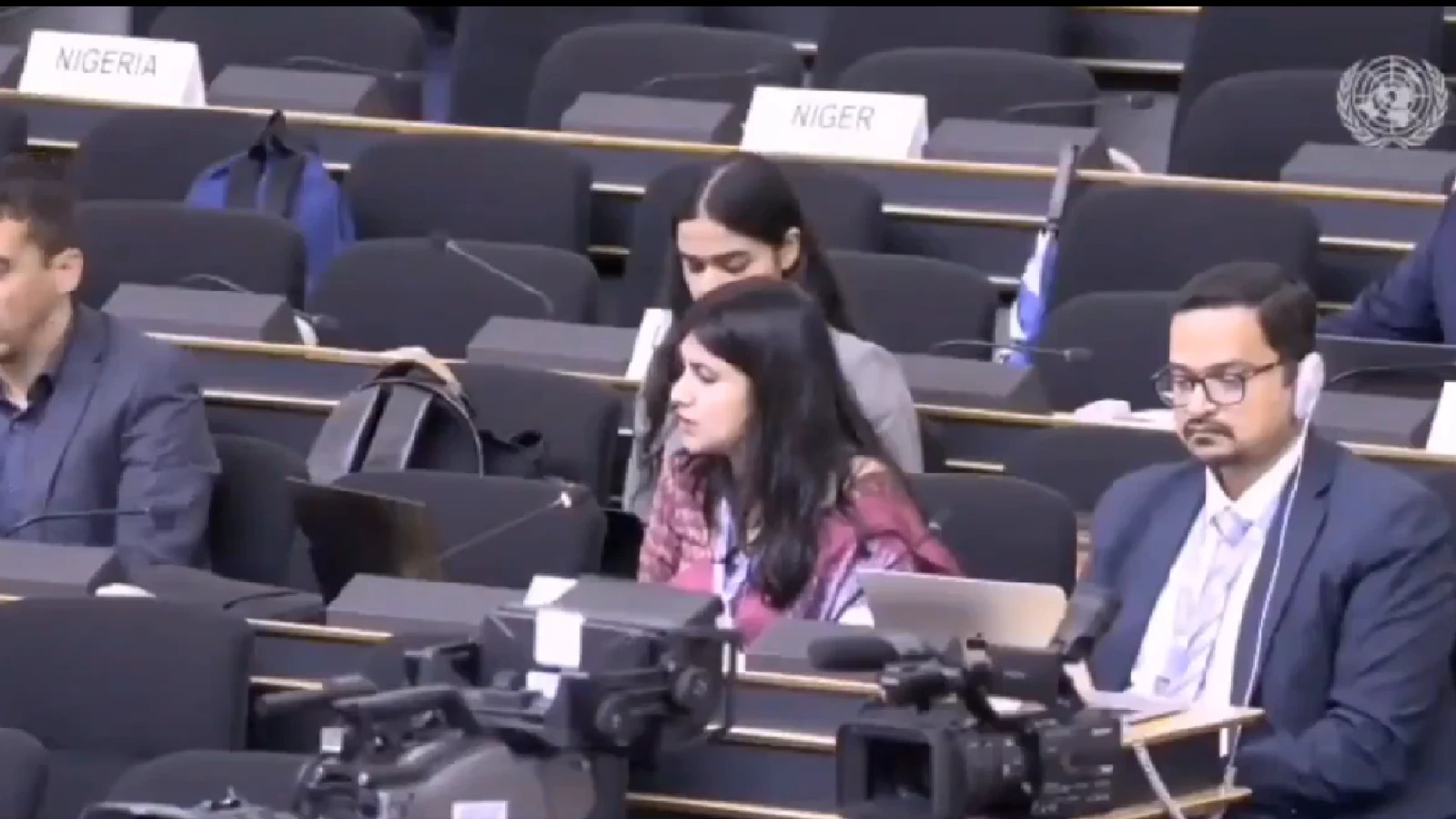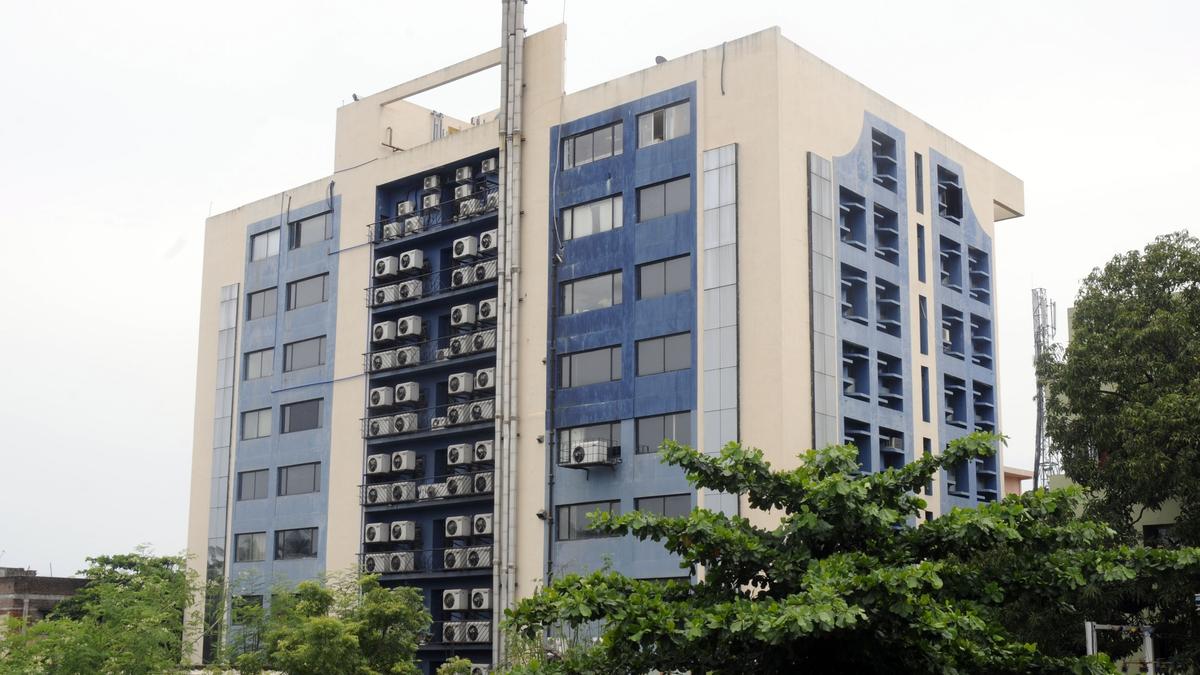Citing no-cash bail, US Transportation Dept. threatens to pull federal funding if CTA doesn’t lower crime

Transportation Secretary Sean Duffy on Friday said both Chicago and Boston are “on notice” to improve safety for transit riders and employees or they risk federal funding.
The Department of Transportation cites a 70-year-old CTA employee who was thrown onto Blue Line tracks by a passenger last month as proof of crime in Chicago. It also ties both cities to no-cash bail, claiming it “allows deranged criminals to repeatedly terrorize public spaces,” in another escalation of Trump’s threat to pull federal funding for cities who have enacted bail reform.
“President Trump cares about our great cities and the hardworking Americans who inhabit them,” Duffy said in a press release. “While local leaders seem intent on putting the needs of criminals first, we’re not waiting for the next Iryna. Chicago and Boston are on notice to take actions that enhance safety and reduce the crime affecting their riders and transit workers — or risk federal support. This is about standing up for American families who deserve a safe and clean transportation system.”
Iryna Zarutska, a 23-year-old Ukrainian refugee, was stabbed to death last month on a North Carolina commuter train. Decarlos Brown Jr. has been charged in the killing.
In letters to Acting President Nora Leerhsen of the CTA and General Manager Philip Eng of the Massachusetts Bay Transportation Authority, Duffy is requesting that both transit agencies submit written reports within 14 days that detail what actions have been taken to “deter crime, stop fare evasion, and provide a clean environment for passengers.” Duffy also wants a summary of sources of funds for fiscal year 2025 and 2026 related to security, safety and any funds from federal agencies, including funds from the Department of Homeland Security.
The CTA on Friday said it had received the letter from Duffy, but did not provide further comment. “We have reviewed the letter and will respond within the requested timeline,” a CTA spokesperson said.
Testifying before the City Council’s Transportation Committee in late July, Leerhsen reported progress on problems that have slowed the CTA’s post-pandemic recovery. To improve passenger security and reduce CTA crime, she talked about the deployment of teams of police officers working with CTA security guards on the Red Line overnight, seven days a week, since March.
She also reported having conducted 24 “anti-smoking missions” resulting in over 200 citations to crack down on one of the leading sources of rider complaints.
Trump last month signed an executive order aimed at ending no-cash bail nationwide. But advocates for bail reform argue that’s not within the president’s power, citing a recent ruling that blocked the administration from revoking funds for sanctuary cities.
Trump last month also vowed to end “no cash bail” in Chicago, telling reporters, “We’re going to change the statute.”
Although Trump specifically mentioned Chicago, cash bail was eliminated across Illinois through state law.
The Pre-Trial Fairness Act faced legal challenges after being signed into law, but its constitutionality was ultimately upheld by the Illinois Supreme Court. It took effect statewide in September 2023.
In the first year without bail, jail populations went down and both property and violent crime decreased statewide, according to research from the Loyola University Chicago Center for Criminal Justice.
Any threat to CTA funding looms large for the cash-strapped agency, which is facing a massive fiscal cliff next year as federal COVID-19 relief funds expire.
The CTA has been planning for service cuts up to 40% since the state legislature failed to pass a funding bill in May. Legislators get another chance to pass a bill in the fall veto session in October.
The Regional Transportation Authority last month reallocated $74 million in its 2026 budget from Metra and Pace to the CTA to delay the cuts until next summer, when the other agencies also face potential cuts without additional state funding.



